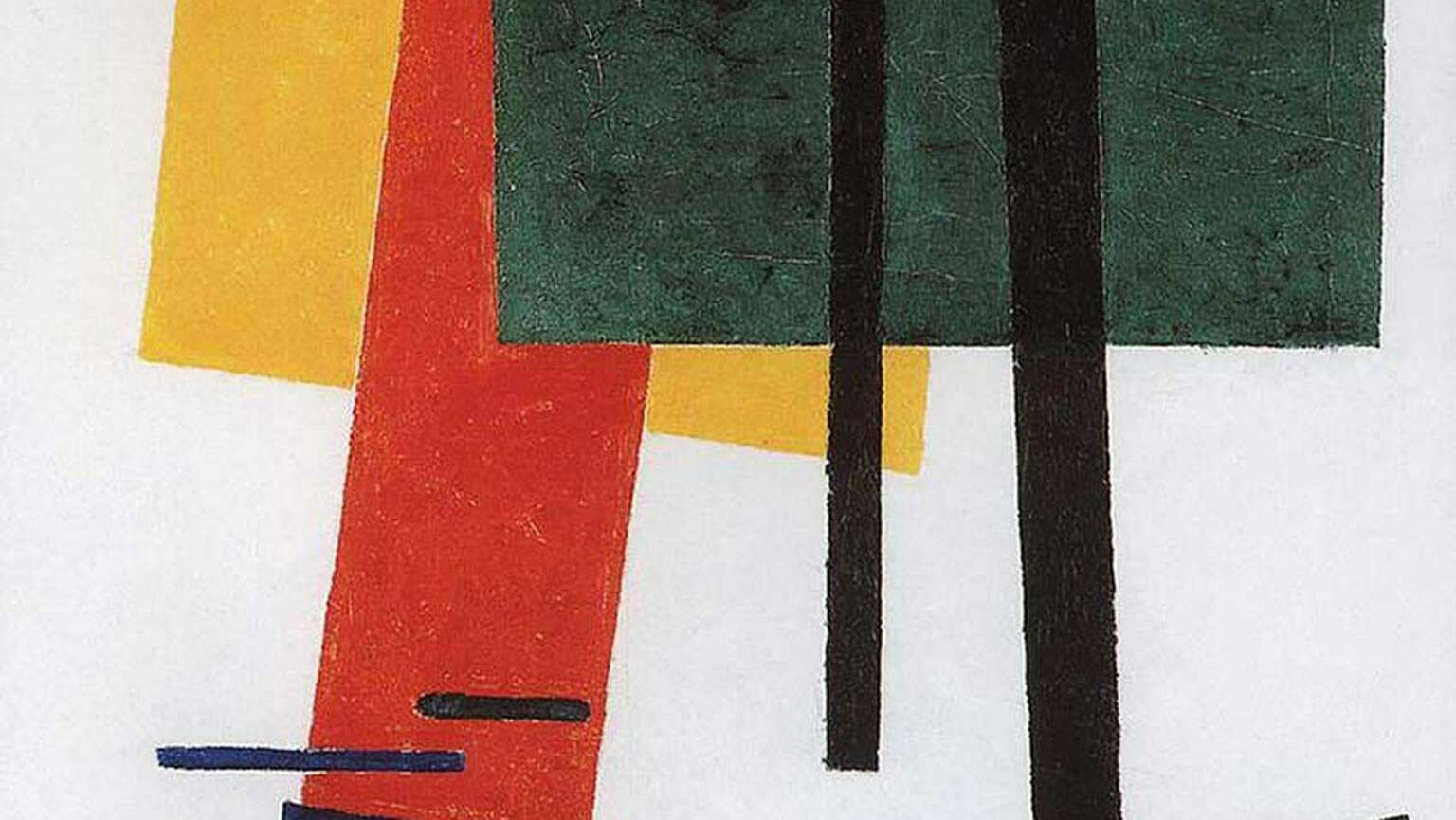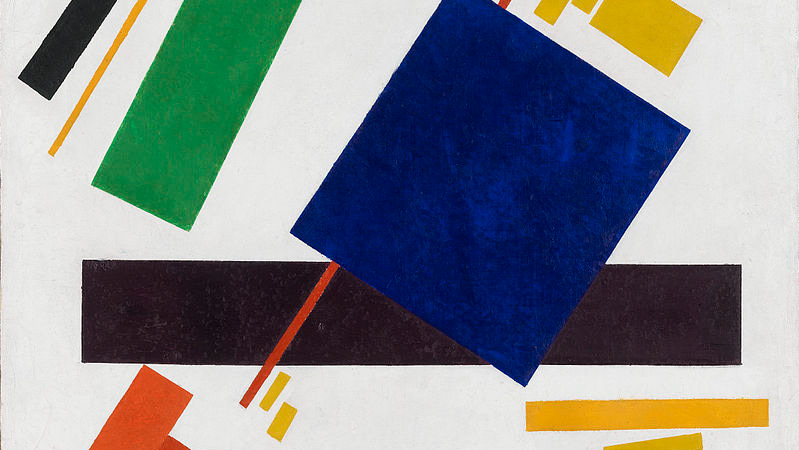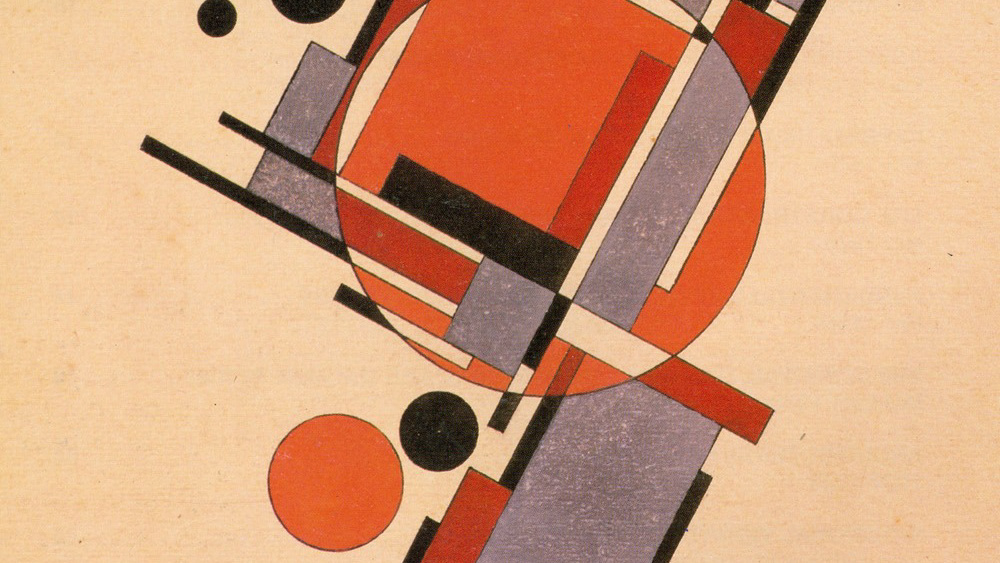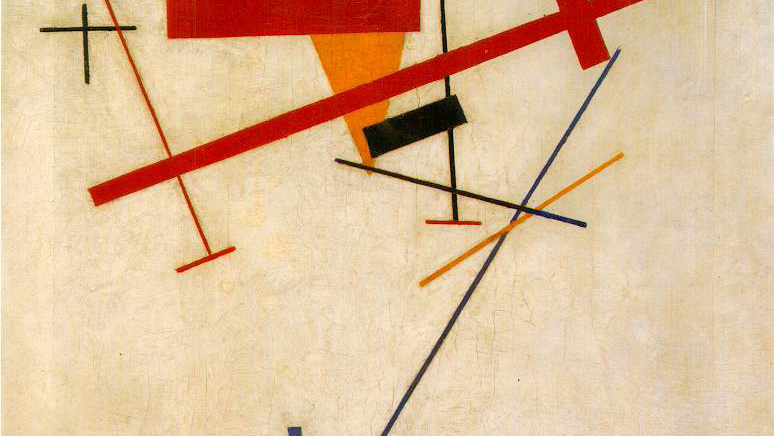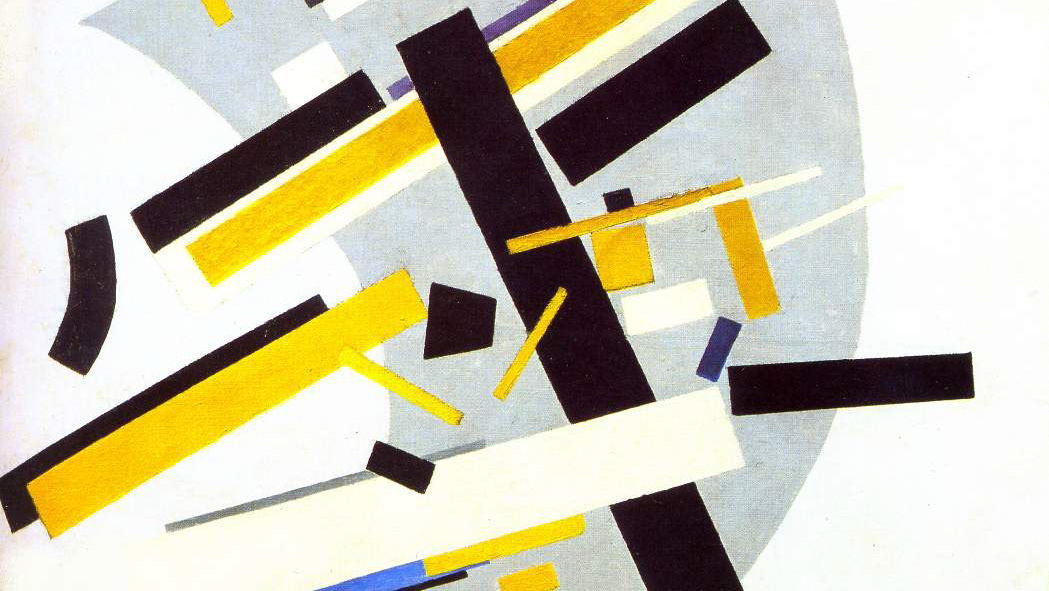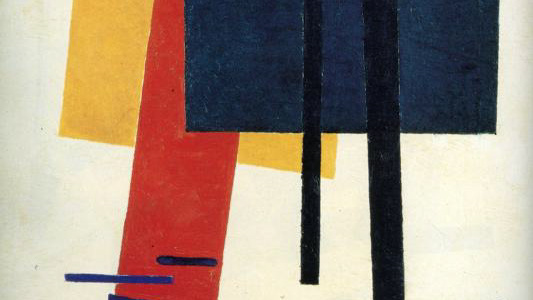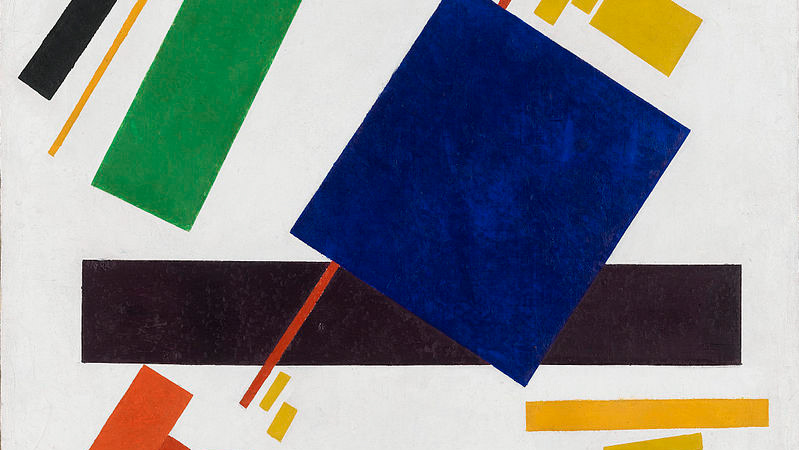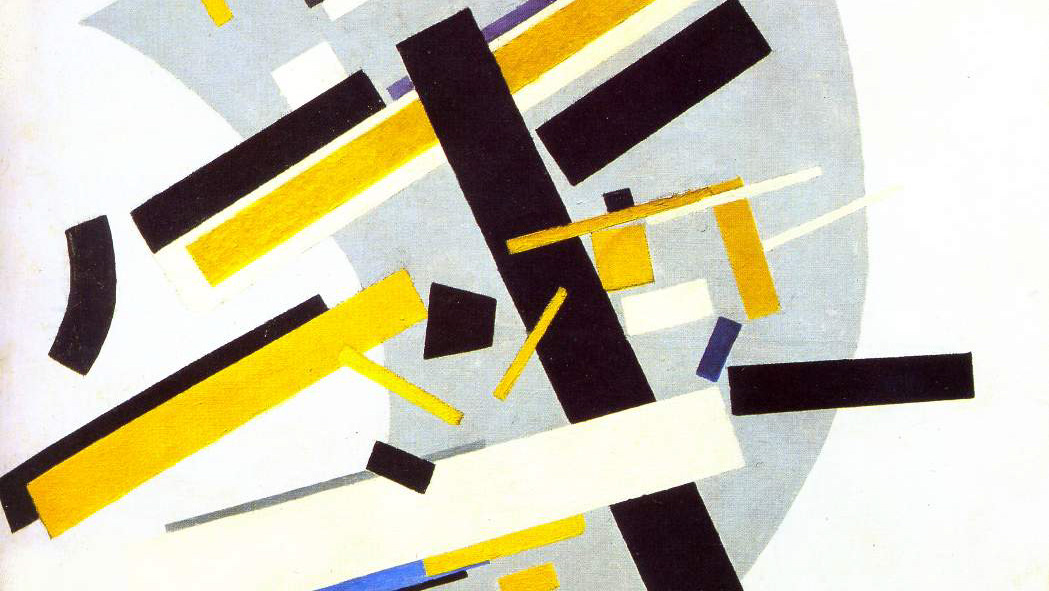What is a concept?
We may agree that concepts are essential for thought and action but will disagree if we attempt to articulate what a concept is. Alas, when I read Gilles Deleuze and Felix Guattari (1994) as a postgraduate student that ‘philosophy is the art of forming, inventing, and fabricating concepts’, I was off to practicing it – at least in intention. For better or for worse, I stuck to that D&G principle as a scholar. Later when I read Jacques Derrida (2002) on philosophy as a social activity, I was off to practicing it as politics. There was no need to make artificial differences between natural and social sciences and humanities let alone between disciplines. Philosophy was an art of producing concepts without frontiers. This art is an invitation to oneself and others to think differently – as Alexander Vvedensky (2013) might put it.
I reckon that throughout my work I have formed, invented, and fabricated about a dozen concepts – if indeed they are concepts at all. As I said, these are invitations to think to myself and others. There is neither stability nor finality to them. As invitations, we uptake them, resignify, repeat, cite, and make use of them. While some concepts became the titles of books and essays, others are buried in other books and titles. I could author an essay on how various titles imposed themselves on me sometimes by strange circumstances but here it will suffice to group them under some dozen headings inevitably as an interpretative act.
What does a concept do?
This is a more complex question that trying to describe a concept and as much as possible I think with J.L. Austin (1962) on this question. I already mentioned above how we make use of concepts. As performative utterances concepts bring subjects and objects into being.
The concepts that I form, invent, and fabricate are about subjects and objects of politics. The core and persistent question for my work has been the conditions under which people make themselves political: that we do not regard our circumstances as given or natural, that we engage our situations critically, and that we engage with others to intervene the circumstances in which we find ourselves. This activity produces ‘people’ as both subjects and objects of politics. It involves forming, inventing, and fabricating concepts (e.g., justice, injustice, rights, wrongs, citizenship, identity, difference, solidarity, agonism, decolonial, orientalism) and objects (e.g., cities, states, empires, colonies, streets, squares, assemblies). That ‘citizenship’ exercised my efforts is not accidental. The figure of citizenship has been a constitutive element of being political for three millennia in world history and scholars such as Etienne Balibar (2017), James Tully (2014), James Pocock (1995) and Derek Heater (1996; 1990) directly, and Jacques Rancière (1998; 2010) indirectly have thought through its implications. It follows that understanding histories of citizenship as being political and critically investigating it is key to understanding the subject of politics in the present. That, at least, is the reason that drives these investigations.
How to understand the paradox of managed democracy? ‘Cities without citizens’ is the first concept that imposed itself on me as a book title. It contains many of the questions that I addressed subsequently. Based on my PhD thesis, the book concerns the colonial and imperial origins of Canadian municipal government and the prevailing concept of the city.
If one wants to interpret citizenship as a performative concept, then the question is never ‘what is citizenship’ but ‘what is called citizenship’? The difference is not semantic. It is substantial. If one starts already with an ‘ideal’ of citizenship one takes a different path than one who critically inquires about social and political struggles that produce ideals. Thinking about citizenship then becomes critically engaging the conditions under which subjects are interpellated to act under its description and understanding the conditions under which subjects interrogate this description.
How do write a history of a concept without idealizing it by holding a specific meaning of it as fixed? How do maintain a concept that is both stable and changing over time and space? The social institution of the imaginary of citizenship always involves domination and emancipation. Its histories reflect from whose perspective they are written and inscribe their virtues as the virtues of citizenship. Genealogies reverse these perspectives by documenting the social and political struggles for emancipation from domination.
How to write a history of citizenship without essentialism? Without already assuming an ontological difference between the occident and orient and signifying the presence or absence of the subjects of politics as their difference?
If indeed writing histories of citizenship without orientalism is a necessary stage, the social institution of a different imaginary of citizenship requires bringing subjugated practices into analysis with analogies to practices that are brought under citizenship elsewhere. What if we investigate the Islamic Trust (waqf) as the social institution of an imaginary of citizenship? What other practices can be revealed and brought under a resignified concept of citizenship?
What do dissenting citizens do when they make rights claims against injustice? They perform acts of citizenship, which are repertoires or conventions by which and through dissent is performed. The performative force of concepts enables subjects to take rights without predetermination of whether they were given these rights. Can there be citizenship without acts?
How to think about becoming political across borders? The prevailing world of politics imposes an obligation on people to see (and experience) themselves as contained within ‘their’ state and its nationality or citizenship. Liberating citizenship from this containment requires thinking through the activities of those who transcend or interrupt this containment and create solidarity across its frontiers. Therein lies the possibilities to make another world without militarism, corporatism, imperialism, and colonialism that drive containment politics.
How to think about migrants without seeing like a state? If we already accept their classification as ‘migrants’ we join a perspective that sees them as ‘outsiders’. Yet, they are not ‘insiders’ as such until they are seen as peoples, mobile peoples.
The struggles over domination and emancipation involve diverse strategies and technologies of power. The dominant classes and groups establish their dominations through these strategies and technologies power that developed over centuries: sovereign, disciplinary and regulatory forms of power are the most prevalent amongst them. Constituting subjects as affective beings with emotions and feelings as technologies of power developed more recently in the late-20th and early 21st century. ‘Governing affects’ is a concept to bring together these strategies and technologies of power under investigation: both states and corporations deploy numerous such strategies and technologies of power through advertising, propaganda, placement, nudging, etc.
The strategies and technologies of governing affects have taken an entirely forceful turn when the devices of communication technologies turned into implements of surveillance. These have given birth to a new form of power, sensory power (see below). The data collected from tracking and tracing both bodies and affects of people has now given rise to colonization of life-worlds and technological imperialism. Data empires, deterritorialize and reterritorialize their sites of power we cannot (yet) visualize their reach.
Yet, the specific form of power that mobilizes data empires, sensory power, is both visible and invisible, unsayable and sayable. Unlike sovereign, disciplinary, and regulatory forms of power, sensory power institutes an imaginary of the subject who is simultaneously obedient and disobedient. The riddle of this new form of power is key to understanding the unfolding imaginaries of both politics and the political.
Those dissenting citizens who make rights claims against strategies and technologies of power – especially sensory power – implicating us/them in the use/abuse of digital technologies provide us a glimpse of how we become digital citizens and hence a key to the riddle of sensory power.
References
Austin, J.L. 1962. How to Do Things with Words. Oxford: Oxford University Press.
Balibar, Étienne. 2017. Citizen Subject: Foundations for Philosophical Anthropology. Translated by Steven Miller. New York: Fordham University Press.
Deleuze, Gilles, and Félix Guattari. 1994. What Is Philosophy? Translated by Hugh Tomlinson and Graham Burchell. European Perspectives. New York, NY: Columbia University Press.
Derrida, Jacques. 2002. Right to Philosophy. Translated by Jan Plug. 2 vols. Stanford, CA: Stanford University Press.
Heater, Derek. 1996. World Citizenship: Cosmopolitan Ideas in the History of Western Political Thought. London: Macmillan.
Heater, Derek Benjamin. 1990. Citizenship: The Civic Ideal in World History, Politics, and Education. London: Longman Group.
Pocock, J.G.A. 1995. ‘The Ideal of Citizenship Since Classical Times’. In Theorizing Citizenship, 29–52. State University of New York Press.
Rancière, Jacques. 1998. Disagreement: Politics and Philosophy. Translated by Julie Rose. Minneapolis, MN: University of Minnesota Press.
———. 2010. Dissensus: On Politics and Aesthetics. Translated by S. Corcoran. New York: Continuum.
Tully, James. 2014. On Global Citizenship: James Tully in Dialogue. London: Bloomsbury.
Vvedensky, Aleksandr Ivanovich. 2013. An Invitation for Me to Think. Translated by Eugene Ostashevsky and Matvei Yankelevich. New York: New York Review Books.
